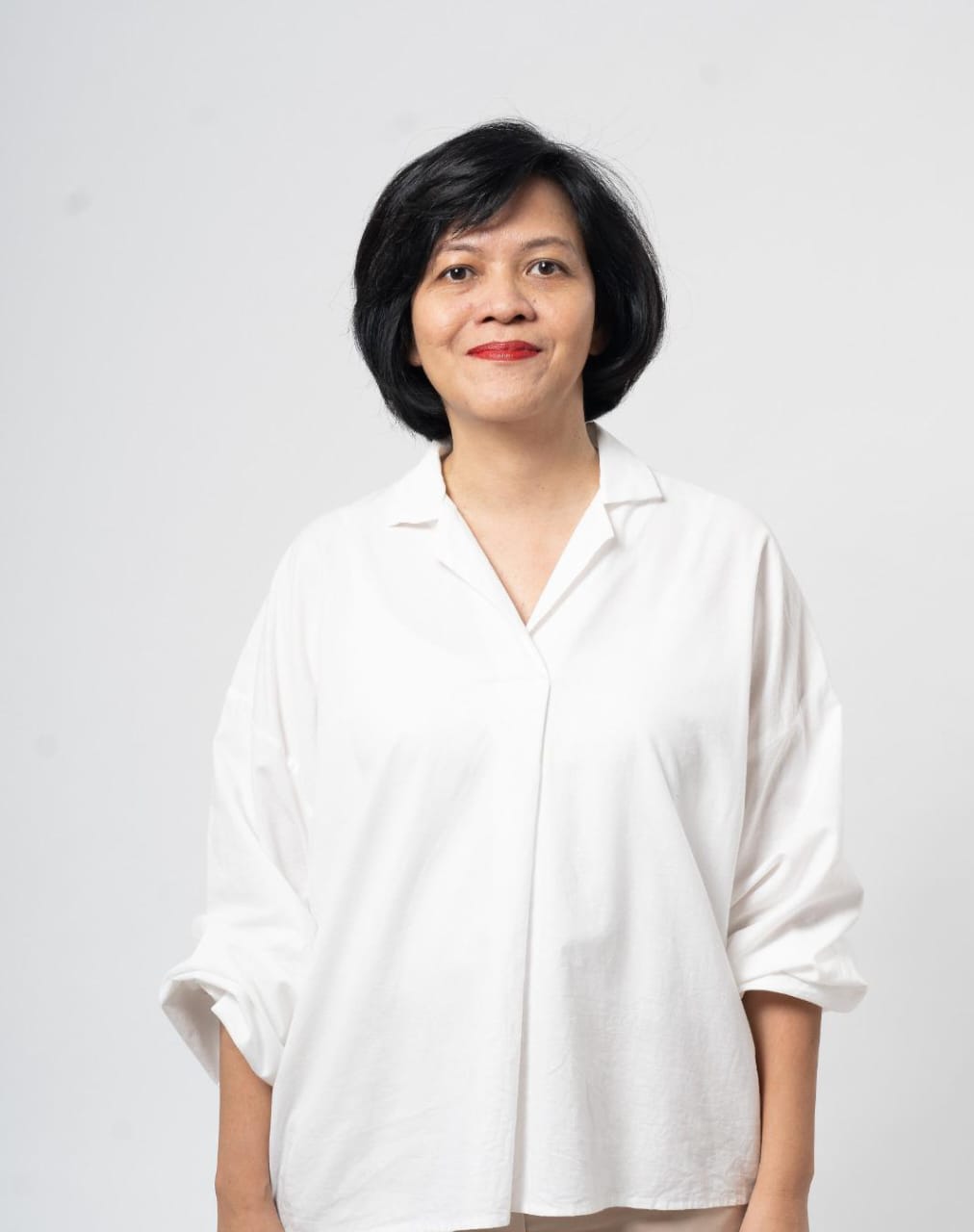Depok, June 22nd, 2023. Media freedom is a benchmark to see how far the function of journalism is carried out professionally by media institutions. Normatively, there are two media regulations that affect the practice of digital journalism in Indonesia, namely the Press Law (UU) and the Electronic Information and Transaction Laws (UU ITE). The Press Law is normatively the legal basis for all press and journalism activities in Indonesia.
Meanwhile, the ITE Law does not formally become the legal protection for digital journalism in Indonesia. This was conveyed by promovenda Mufti Nurlatifah when presenting her dissertation entitled “Freedom of Media in Digital Journalism in Indonesia (Study of Media Regulation and Cases of Digital Journalism 2008–2020)” at an open doctoral promotion session held by the Postgraduate Program in Communication Studies, Faculty of Social and Political Science Universitas Indonesia (FISIP UI).
In her research, Mufti saw that freedom of media in digital journalism does not only depend on the structural decisions of newsrooms which prioritize the role of gatekeeping. In the practice of journalism with digital platforms, digital media acts as a medium, which also influences the decisions taken by journalists and media institutions in seeking, processing, and conveying information.
Referring to the ideal conditions and the actual conditions in Indonesia, Mufti concluded that media freedom in digital journalism is elaborated as an inherent principle in media that works autonomously to carry out its role for the public in producing and disseminating information through digital media platforms. In this context, the media are journalists and professional media institutions, which are justified through institutional licenses, adherence to journalistic codes of ethics, their commitment to the public interest, and the use of digital media in the gatekeeping they carry out.
The research conducted by Mufti showed the consequences of digital media influencing newsrooms through the adoption of technology by journalists and media institutions. The social contract on media freedom ultimately does not stop at media regulation, but at the limit of tolerance for the use of media technology in the autonomous editorial space, because this also has an impact on the function and role of the media for the public.
Mufti also gave recommendations and suggestions from the research he had done, namely that it is possible to operationalize media freedom using other indicators. Media freedom is a socio-legal construction, which combines the gatekeeping role and expectations of the normative aspects of the media.
“In the view of socio-legal construction, media freedom is also part of daily journalistic practice because the adoption of technology by journalists and media institutions can be carried out consciously and unconsciously, so that the social contract for freedom of media also develops,” said Mufti.



